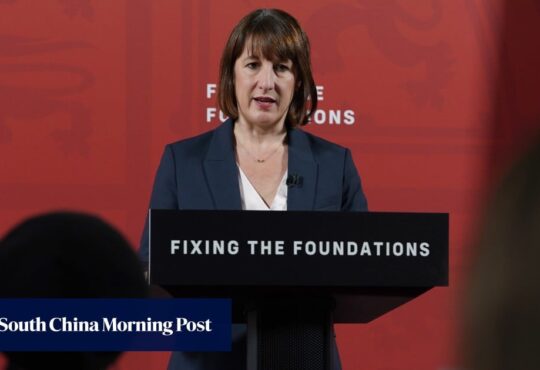In Canada, that same pot would be worth £176k, given the better performance of the country’s pension funds. In Australia, it would be even higher, £186k. This means that, on some estimates, poor performance could leave UK savers with £45,000 less in their pension pots than their Australian counterparts.
The challenges of UK capital markets and pension investing are complex, decades in the making, and the UK government is to be commended for the energy and focus it is bringing to addressing this long-running issue.
In framing policy to create new incentives to invest in the companies of the future – the next Arm Holdings or a biotech firm to solve previously incurable diseases – the UK needs to embrace the appropriate balance of risk to deliver inflation-beating returns by encouraging diversification of pension assets at scale.
Perhaps the greatest opportunity is with defined contribution schemes, the largest collection of UK pension assets, most of which are currently active. There are more than 3,000 defined contribution schemes operating in the UK with about £600 billion in total assets, or £200 million each.
In Australia, by contrast, there are about 120 “super” schemes with nearly £10bn in assets each. Consolidating schemes increases the ability to take appropriately managed and diversified risk, which over time improves returns.
There are also more than 5,000 defined benefit schemes in the UK, 75pc of which have less than £100m in assets, too small to achieve economies of scale and the portfolio diversification to invest, at scale, in UK equities.
The UK’s superfund regime is currently stalled on the starting grid. The Government should strengthen the incentives for corporate sponsors to transfer fully-funded schemes to new “superfunds,” which have been successful in Australia, Canada and elsewhere. The UK’s superfund regime is currently stalled on the starting grid.
Finally, we could kick-start a new era of retail investment by creating a “child equity growth fund” for every newborn.
This would, I suggest, substantially improve the nation’s financial literacy and engagement with equity investment, valuable goals in themselves. Investing (say) £3,000 for each child would, over 30 years, raise more than £200bn of risk capital to fund the high-growth companies of the future.
The scale of the challenge is substantial, but the opportunity is huge. We are hopeful that this topic remains near the top of the agenda and urge the Chancellor to be bold in his autumn statement.
David Livingstone is Citi’s chief executive of Europe, Middle East and Africa






